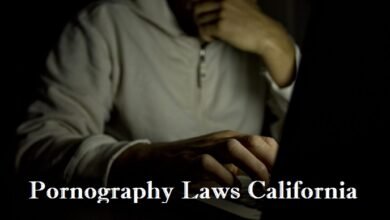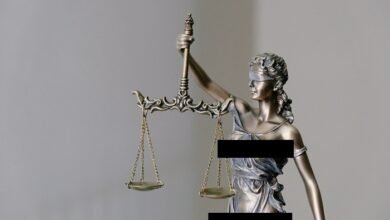Pornography Laws Washington: Be Aware About This Grey Topic 2024

Have you ever wondered about the legal landscape surrounding pornography in Washington? Scrolling through social media and stumbled upon something a little too spicy?
Living in the digital age, it’s easy to get caught off guard by the blurry lines of online content. Fear not, Washington residents! This guide will shed light on Washington’s pornography laws, helping you confidently navigate the legalities.
Here’s the key takeaway: Washington, like many states, has strict laws against child pornography. This includes possessing, viewing, or distributing any material that depicts a minor engaged in sexual activity. These are serious offenses carrying hefty penalties, so it’s crucial to stay on the right side of the law.
Understanding What’s Illegal: Child Pornography
Washington defines a minor as anyone under 18 years old. Washington’s pornography laws make it a crime to possess, view, or distribute any material – images, videos, or written content – that features a minor in a sexual context. There’s no gray area here. If it involves a minor, it’s illegal.
Penalties for child pornography offenses can be severe. First and second-degree possession or viewing are classified as felonies, potentially leading to prison time, fines, and sex offender registration. Distributing child pornography is also a felony with even harsher punishments.
Adults Only: The Legal Realm of Consensual Pornography
Washington’s pornography laws are primarily concerned with protecting children. So, what about pornography featuring consenting adults? The state takes a more relaxed approach in this area.
There are no laws prohibiting adults from viewing or possessing pornography depicting consenting adults. However, there are restrictions on selling or distributing pornography. It’s illegal to sell or distribute pornography to minors, and certain public displays of pornography might be prohibited depending on local ordinances.
Staying Safe in the Digital Age
Even though Washington allows pornography featuring consenting adults, staying safe online is paramount. Here are some tips:
- Be cautious about clicking on unknown links or downloading unsolicited files.
- Use parental controls on your devices to restrict access to inappropriate content.
- If you accidentally encounter child pornography, report it immediately to the National Center for Missing and Exploited Children.
Washington’s pornography laws might seem complex, but the core message is clear: protect children at all costs. By understanding the legalities and practicing safe online habits, you can navigate the digital world with confidence. Remember, if you have any doubts, it’s always best to err on the side of caution.




